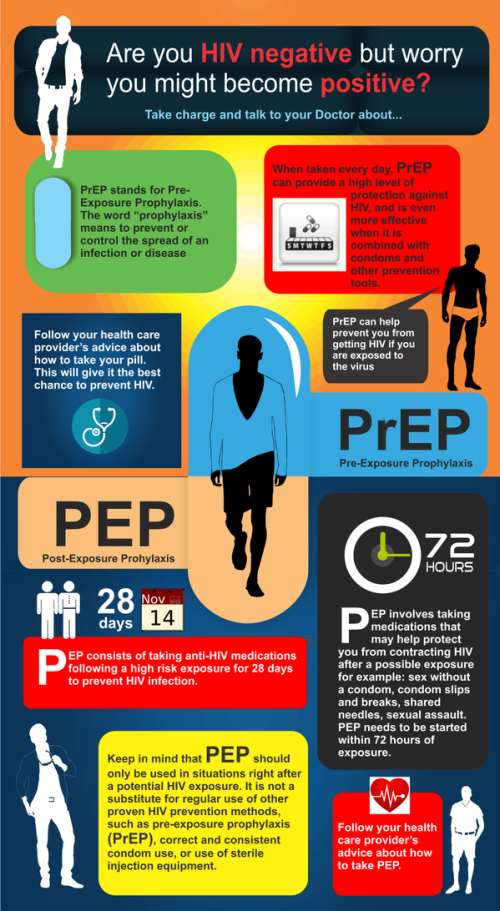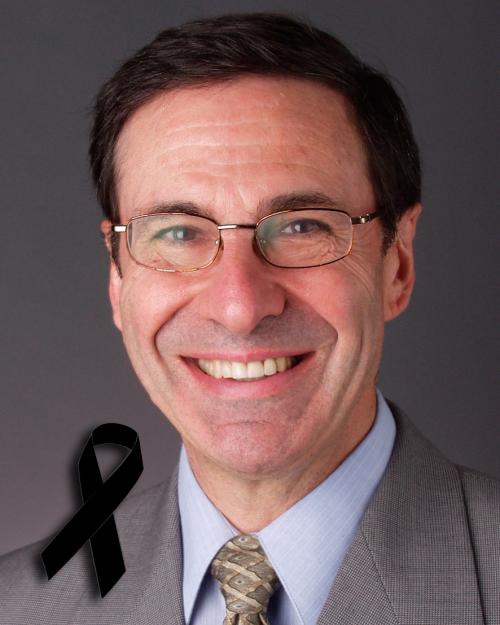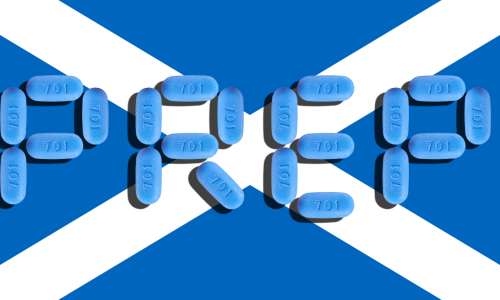
Medical chiefs in Scotland are due to announce whether a “game-changing” drug which can prevent HIV infection will be made available on the NHS.
(Story via BBC)
Research suggests a daily dose of a drug known as Prep can protect people at risk of contracting the virus.
HIV Scotland said it was “very hopeful” the Scottish Medicines Consortium (SMC) would approve the medication.
It means Scotland would become the first place in the UK to make it available on the NHS.
Campaigners estimate that up to 1,900 people north of the border could benefit from the drug, which has the brand name Truvada.
The anti-retroviral drug is currently licensed for use in Scotland, where it is used by people already diagnosed with HIV.
However, the SMC’s decision relates to its use on a preventative basis by people who do not have the virus.
What does Prep do?
Pre-exposure prophylaxis (or Prep for short) is a small, blue pill.
The pill works by protecting cells in the body and disabling the virus to stop it multiplying – should it enter the body.
Taking it once a day has been found to reduce the risk of HIV infection by 86%.
It is currently used in the US, Canada, Australia and France to help protect gay men at the highest risk of contracting HIV.
There is a growing demand for the treatment in Scotland, according to HIV Scotland’s chief executive George Valiotis.
He estimates that “a couple of dozen” Scots are using variants of the drug after buying generic versions online.
The Scottish government wrote to Gilead, the manufacturer of Truvada, to urge them to make an application to the SMC last year.
It followed a series of legal battles in England over whether the NHS or local authorities should pay for the medication.
The Court of Appeal eventually ruled that NHS England had the power to fund the drug,
The decision did not mean that NHS England had to fund Prep but in December it announced plans for a large scale clinical trial of the drug, expected to involve 10,000 participants over three years.
‘Why I buy Prep online’
Gordon Garioch is one of around “a couple of dozen” people in Scotland thought to be taking Prep regularly.
He told BBC Radio Scotland’s Good Morning Scotland that he was initially prescribed the drug by a private clinic but it was too expensive.
He now spends around £50 a month on a generic form of the drug he purchases from an online pharmacy.
“It gives me reassurance,” he said. “I’ve always been careful.
“My friends have always been careful but for some reason they became positive. So I take this extra reassurance for me to prevent myself becoming positive.”
Asked what the benefits of the decision would be, he replied: “To me personally, obviously it would be the cost.
“But it’s a generation thing as well, to prevent HIV for future generations for people who are not as lucky as myself who can pay for it.”
Speaking on BBC Radio 4’s Today programme, Mr Valiotis, of HIV Scotland, said: “Prep makes good sense. We know that it works. We know that it stops people from getting HIV, and we know that it’s cost-effective.
“And because it’s cost-effective, what that means is that it makes more money available in the long-term on the NHS to treat lots of other things as well.”
Asked if he thought the SMC would approve the drug, he said: “I’m feeling pretty hopeful because the cost-effectiveness is clear, as is the clinical-effectiveness.
“We know this works. I would be surprised if it’s a no but it’s too hard to guess.”
HIV Scotland believes the use of Prep has played a part in reducing the number of HIV infections in Scotland.
The latest figures from Health Protection Scotland show 285 new cases of HIV were reported in 2016, down from an annual average of 359 over the last five years.
Thanks for reading, let us know what you think in the comments below, or you can find us on Facebook, Twitter or Instagram!



(Or subscribe to our newsletter)















